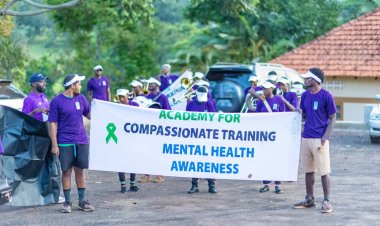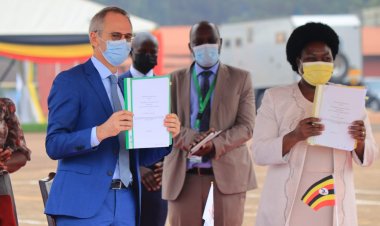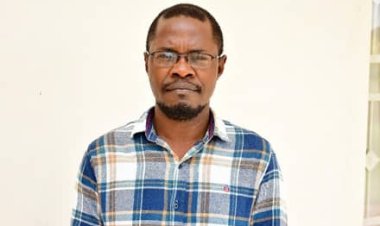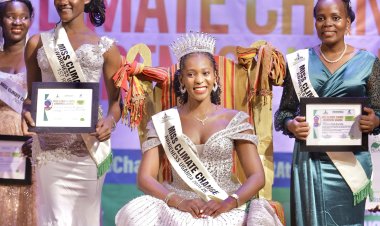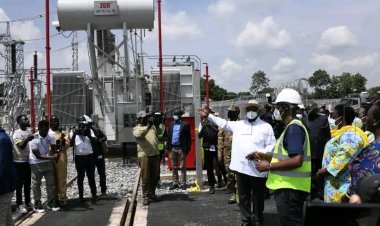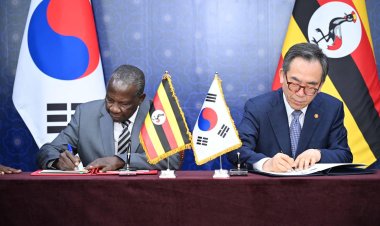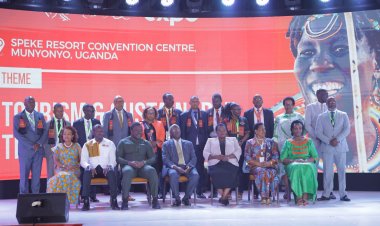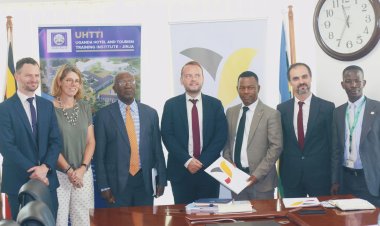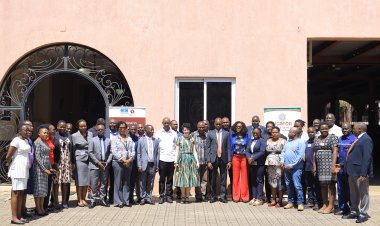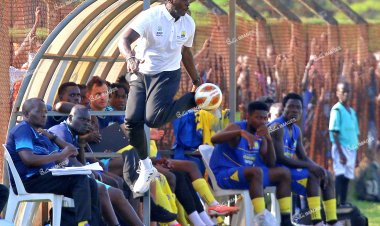Renewable energy development is a partnership driven agenda that needs involvement of both government and private sector- Engineer Irene Bateebe.

In her remarks at the first renewable energy conferencein2021, the Permanent Secretary Ministry of Energy and Mineral Development Eng. Irene Buteebe said renewable energy development is a partnership driven agenda that requires a sustained government, development partners and private sector investments to work together in achieving it.
According to Bateebe, this collective effort provides an opportunity for stakeholders to discuss, dialogue and engage in the 100% renewable energy transition agenda for Uganda that is aimed at combating Climate Change.
It was in this conference that the Multi-Actor Partnership Platform (MAP) on 100% renewable energy for all was recognized with an aim of appreciating the platform efforts to bring together relevant stakeholders including civil society, academia private sector among others on board.
In line of fulfilling these aspirations, the Ecological Christian Organization and World Wide Fund for Nature Uganda country office with support from the Federal Ministry of Economic Cooperation organized acapacity building webinar on Renewable Energy and Climate Change with focus on implementation of Uganda’s Nationally Determined Contribution (NDC)by MAP members.
In addition to that the webinar was organized to exchange ideas and preparing minds on a future where energy demand is matched by 100% renewable energy by 2050.
In this webinar, Michael Ahimbisibwe who works with the department of Renewable Energy in the Ministry of Energy emphasized on how renewable energy will be impactful in mitigating climate change and its associated impacts on a global scale and also how it’s important for Uganda to take a lead in these efforts.
‘’By choosing a clean renewable energy path, we shall be directly contributing to reduction of emissions’’ Michael added.
Michael also urged MAP members to influence a bigger country position on renewable energy for them to bring out the relevance of this capacity training.
Vian Masika the from Ecological Christian Organization said by adopting renewable energy technologies, it can lead to improvement of quality health care, supporting the education sector and also improve on the livelihoods for local communities if all MAP members cooperate to achieve this goal.
Robert Bakiika who is the in-country facilitator Uganda NDC Partnership plan, Ministry of Water and Environment Climate Change department, proposed NDC actions related to renewable energy which focus on the agenda of developing and enforcing minimum energy performance standards and regulations for energy efficiency.










